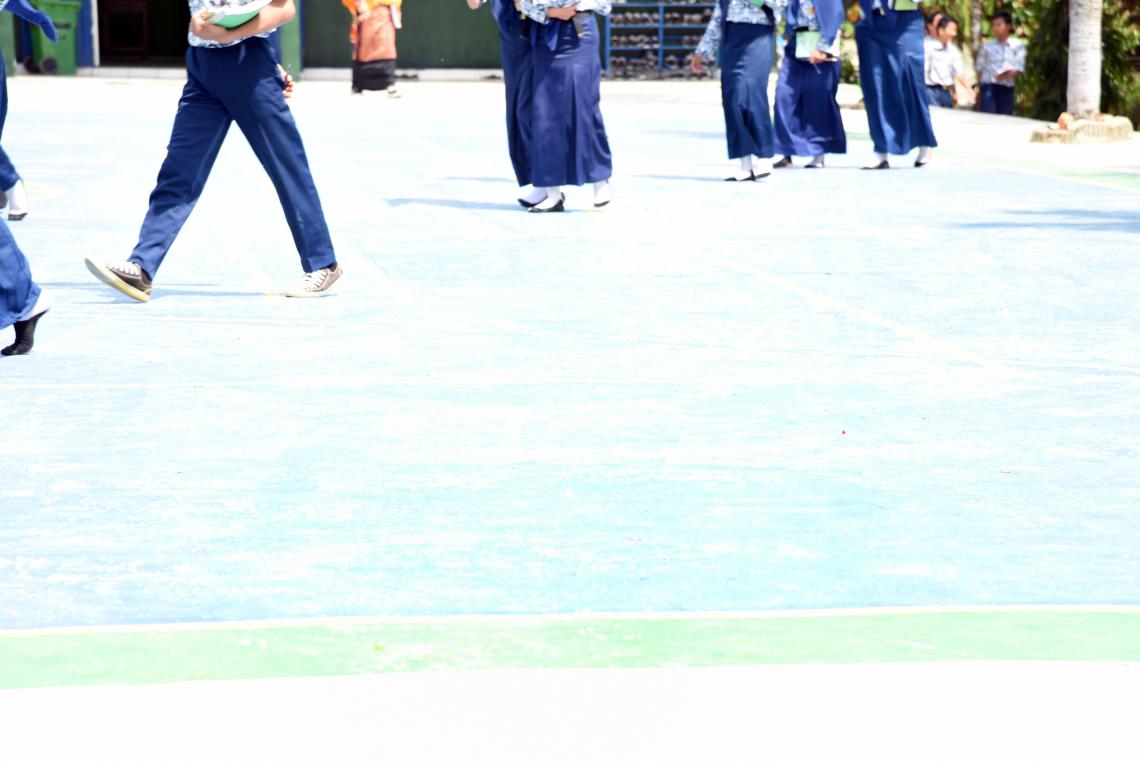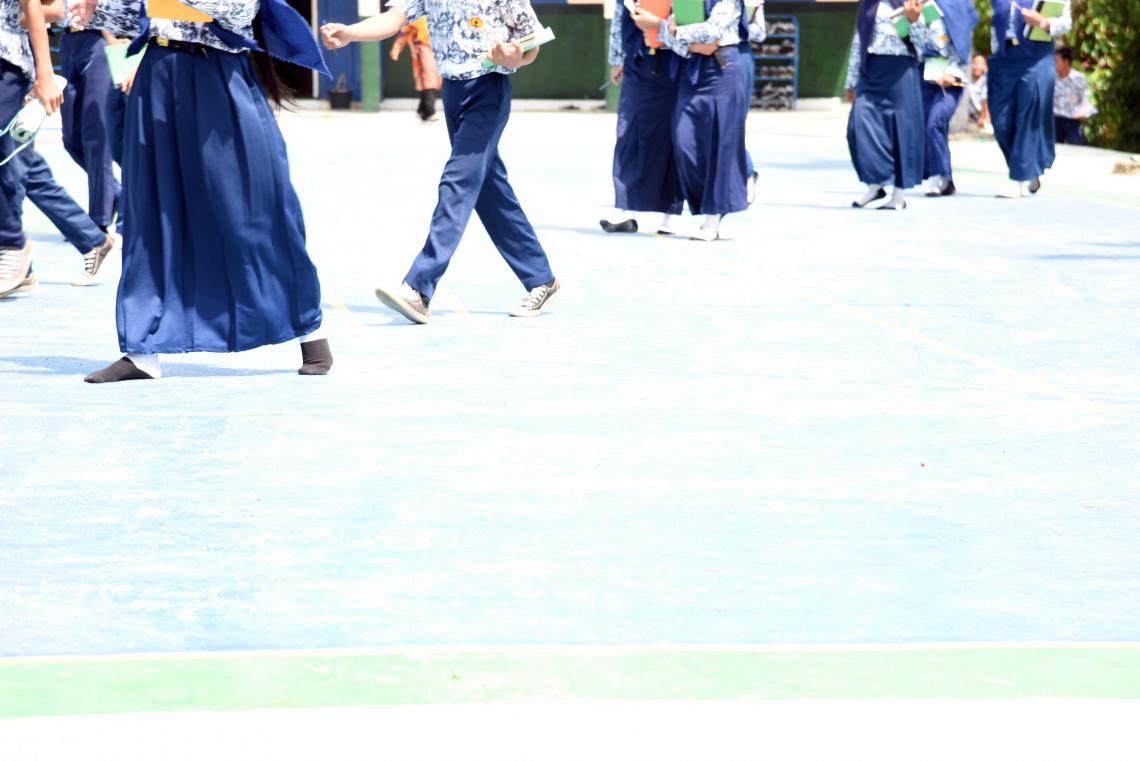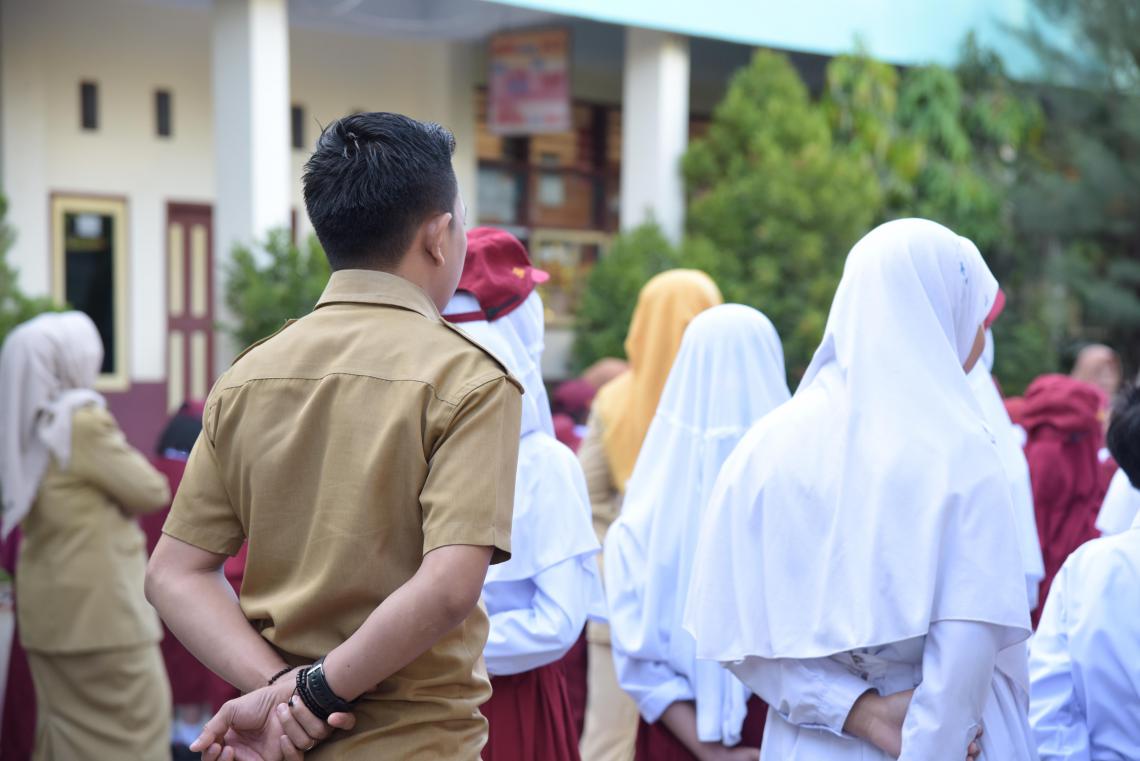Friday, 11 September 2020
The literacy level of the Indonesian people is still very poor. The results of the 2018 Programme for International Students Assessment (PISA), for instance, showed that 70% of students in Indonesia have low reading ability (below Level 2 on the PISA scale). This means that students cannot even find the main idea or important information in a short text.
Monday, 7 September 2020
In our previous blog, we discussed recent policy changes to shift junior secondary school admissions to those based on house-to-school proximity instead of the Grade 6 exam score. We showed that when Yogyakarta implemented this new admission policy, colloquially referred to as the ‘school zoning policy’, the student composition changed significantly. Many students with lower test scores and poor...
Monday, 7 September 2020
Basic education in Indonesia is compulsory and includes six years of primary school (Grade 1-6) and 3 years of junior secondary school (Grade 7-9). In the past decades, Indonesia has achieved huge progress in improving access to basic education. As of 2019, net enrolment rates were 98 percent at the primary level and 79 percent at the junior secondary level. This achievement can be largely...
Tuesday, 25 August 2020
Our qualitative study through the RISE Programme in Indonesia showed that a significant cause of the low quality of teachers is the teacher recruitment process which does not focus on selecting professional education personnel but rather on meeting the demands of the civil servants.



